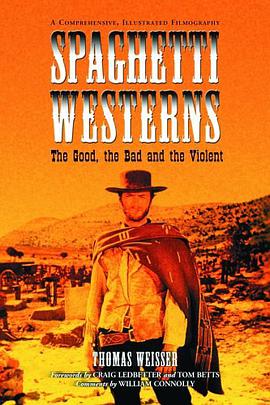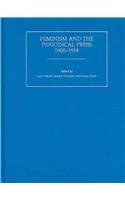

具體描述
This study examines five modernists in different disciplines?biology, painting, drama, fiction, and anthropology?whose work on islands made them famous. Charles Darwin developed his groundbreaking theory of evolution, derived from his study of the Galapagos Islands. Paul Gauguin found on Tahiti inspiration to break through the inhibiting traditions of the Parisian art world. John Millington Synge's experience on the Aran Islands gave birth to a new style of drama. D.H. Lawrence's search for a utopian community culminated in his famous short story, ?The Man Who Loved Islands.? Finally, Margaret Mead studied the South Sea Islands and acquired the sobriquet ?Mother of the World.? The text explores the extent to which islands inspired these radical thinkers to perform innovative work. Each used islands differently, but similar phenomena affected their choice of place and the outcome of their projects. Their examples illuminate the relationship of modernism to alienation and insularity.
著者簡介
圖書目錄
讀後感
評分
評分
評分
評分
用戶評價
相關圖書
本站所有內容均為互聯網搜索引擎提供的公開搜索信息,本站不存儲任何數據與內容,任何內容與數據均與本站無關,如有需要請聯繫相關搜索引擎包括但不限於百度,google,bing,sogou 等
© 2025 book.quotespace.org All Rights Reserved. 小美書屋 版权所有




















